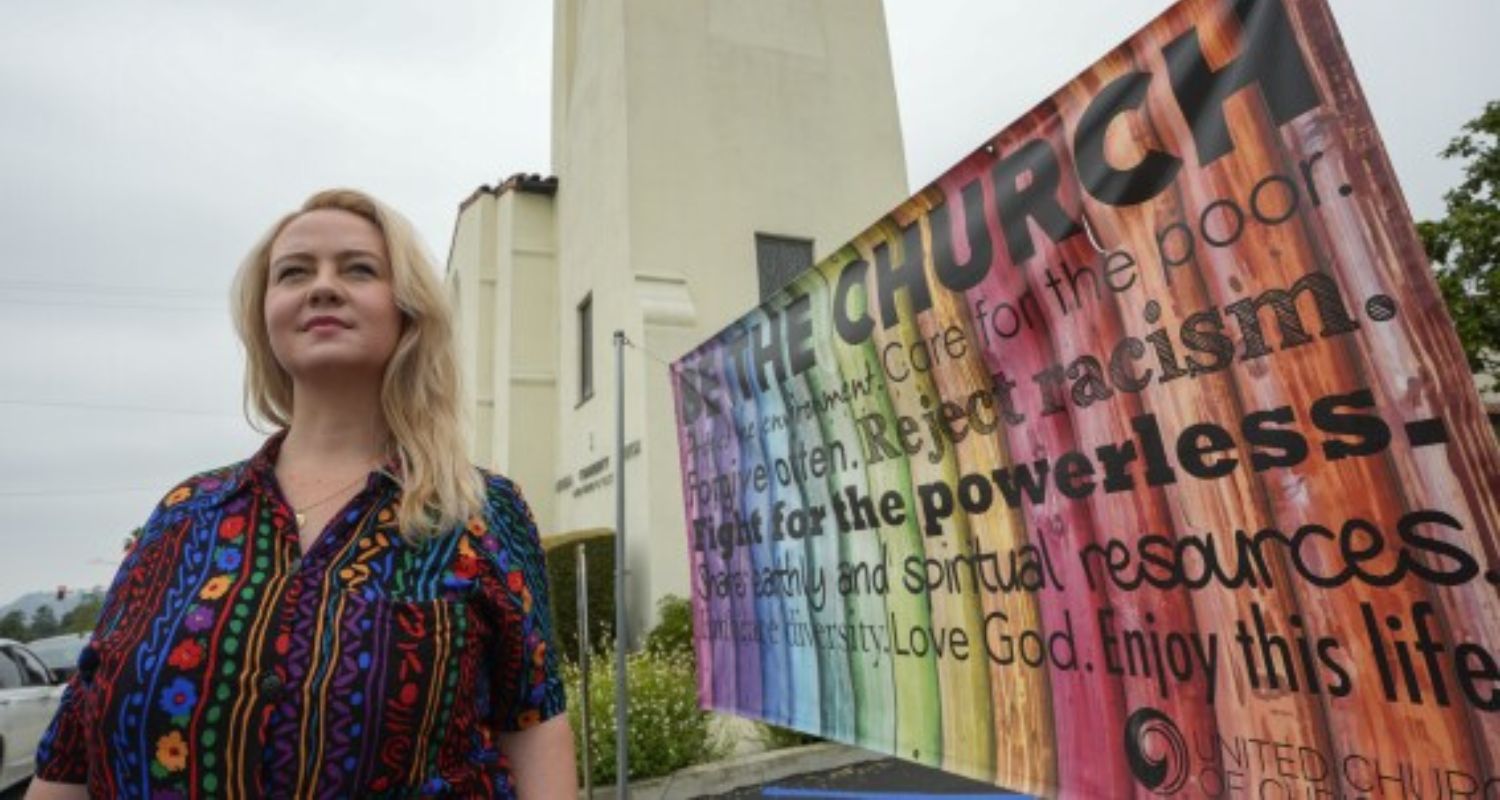Fuller Theological Seminary, a renowned evangelical institution situated in Pasadena, California, is currently considering updates to its policies with the aim of fostering a more inclusive environment for LGBTQ+ students.
The seminary has been considering the issue of expulsion for students who are in same-sex unions, and these proposed changes could represent a notable shift from its current position.
According to a draft of proposed revisions obtained by The Associated Press, Fuller is exploring the recognition of the varying perspectives among Christians when it comes to matters of human sexuality.
If approved, this decision would mark a significant milestone for Fuller, as it would be the first evangelical seminary in the country to embrace these standards. This bold move is sure to shake up the traditional norms within the evangelical community.
Various stakeholders have expressed both support and concern regarding the potential shift. Some argue that accepting LGBTQ+ students would be in line with Fuller’s mission of inclusivity, as it strives to create a welcoming environment for Christians with varying perspectives on sexuality. Some people expect a negative response from conservative factions within the evangelical community.
Fuller Theological Seminary has made it clear that discussions about these revisions are still in progress, and no specific proposals have been presented to the trustees for a vote. Earlier this year, the seminary’s president, David Goatley, formed a task force to review its sexual standards in light of the dismissal of Ruth Schmidt, a senior administrator.
The proposed revisions seek to find a middle ground that respects traditional Christian beliefs on marriage while recognising the varying interpretations within the Christian community. However, it is still uncertain how these changes would affect faculty, staff, and administrators, especially those in same-sex marriages.
For individuals like Ruth Schmidt, who identify as queer, these potential revisions bring hope for a more inclusive campus environment. Schmidt, who is now serving as a pastor, highlights the significance of providing safeguards for both faculty and staff, in addition to students.
Fuller has traditionally been known for its inclusive approach to theology, but LGBTQ+ students have encountered difficulties in navigating the institution’s more conservative policies. The proposed changes suggest a possible move towards increased acceptance, although the final result is still uncertain.
As Fuller continues to consider these revisions, it must find a way to maintain theological integrity while also being inclusive. This involves navigating the intricate relationship between faith and identity in a world that is constantly evolving.

